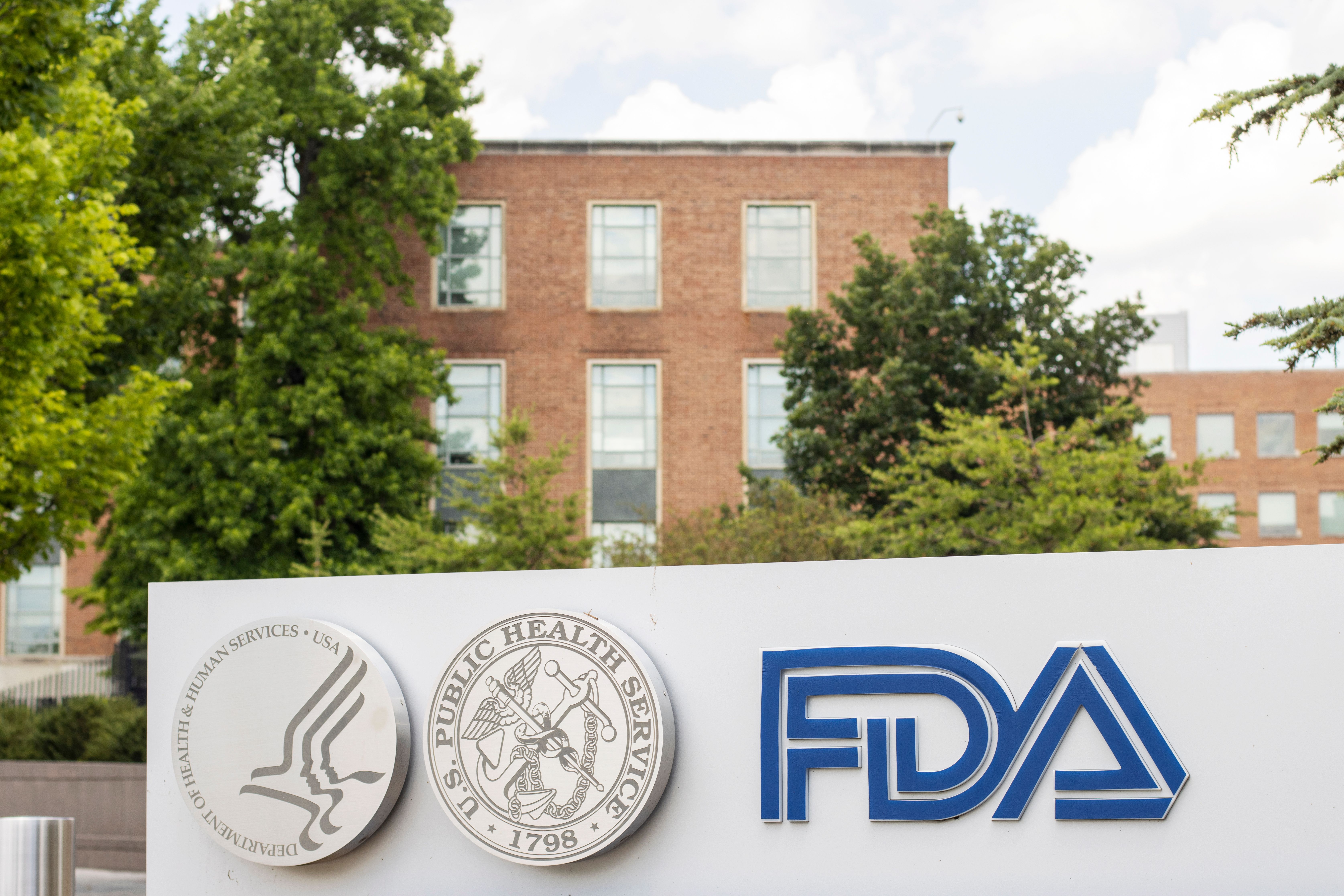- Bone Health
- Immunology
- Hematology
- Respiratory
- Dermatology
- Diabetes
- Gastroenterology
- Neurology
- Oncology
- Ophthalmology
- Rare Disease
- Rheumatology
FDA Approves Steqeyma: The Seventh Stelara Biosimilar
The FDA approved Celltrion's Steqeyma (ustekinumab-stba), making it the seventh biosimilar slated to compete against blockbuster Stelara (reference ustekinumab) in 2025.
The FDA has approved Steqeyma (ustekinumab-stba), Celltrion's biosimilar candidate referencing Stelara (ustekinumab), for the treatment of psoriatic conditions and inflammatory bowel disease (IBD).1
Image credit: Tada Images - stock.adobe.com

The approval represents the seventh biosimilar approval for a Stelara competitor.2 Steqeyma follows Selarsdi (ustekinumab-aekn), Pyzchiva (ustekinumab-ttwe), Otulfi (ustekinumab-aauz), Imuldosa (ustekinumab-srlf), Wezlana (ustekinumab-auub), and Yesintek (ustekinumab-kfce), the last of which was approved at the beginning of December 2024.3
Ustekinumab products are IL-12 and IL-23 antagonists used for the treatment of plaque psoriasis, psoriatic arthritis, and IBD, which is an umbrella term for Crohn disease and ulcerative colitis. The originator product, Stelara, is available in intravenous and subcutaneous formulations. It’s also 1 of the first 10 products selected by CMS as part of drug price negotiations as part of the Inflation Reduction Act.4
"Plaque psoriasis and psoriatic arthritis are both autoimmune disorders that affect the skin and present differently in all patients," Mark G. Lebwohl, MD, a dermatologist as well as professor and chairman emeritus of the Kimberly and Eric J. Waldman Department of Dermatology and the dean for Clinical Therapeutics at the Icahn School of Medicine at Mount Sinai Icahn School of Medicine at Mount Sinai, New York, said in a Celltrion news release.1 "The approval of new treatment option is welcome news for people living with certain chronic inflammatory conditions, such as psoriasis, which affect more than 3% of the US adult population."
The FDA approval of Steqeyma was supported by a comprehensive evaluation of evidence, including data from a phase 3 study in adults with moderate to severe plaque psoriasis. The study's primary end point measured changes in the Psoriasis Area and Severity Index for skin symptoms. Clinical findings confirmed that Steqeyma and its reference product are highly similar to each other with no clinically meaningful differences in safety or efficacy.
Steqeyma also joins Zymfentra as part of Celltrion's gastroenterology biologic portfolio. Zymfentra (infliximab-dyyb) is the world's only subcutaneous infliximab product that utilizes Celltrion's infliximab biosimilar Inflectra (infliximab-dyyb).5
"The approval of Steqeyma reflects Celltrion's continued investment in providing treatment options to patients diagnosed with ulcerative colitis, Crohn's disease, psoriasis, and psoriatic arthritis," said Thomas Nusbickel, chief commercial officer at Celltrion USA.1 "Steqeyma is now the latest biologic in our immunology portfolio, joining Zymfentra (infliximab-dyyb). Our portfolio, supported by our fully integrated platform, establishes Celltrion USA as an important player in the U.S. immunology market."
Subcutaneous injections of Steqeyma will come in 2 strengths: 45 mg/0.5 mL and 90 mg/1 mL, each provided in a single-dose prefilled syringe. The intravenous infusion is supplied as a 130 mg/26 mL (5 mg/mL) solution in a single-dose vial.
Stelara first launched in 2009 with sales reaching $10.8 billion in worldwide sales in 2023 and around $6 billion in the US.6 Ustekinumab biosimilars were expected to enter the US market in 2023 but were postponed until 2025 due to settlement agreements between biosimilar manufacturers and Stelara's developer, Janssen, after Janssen's parent company Johnson & Johnson filed patent infringement suits claiming that all biosimilar companies looking to bring an ustekinumab biosimilar to market had violated patent law during the manufacturing process. A condition of all settlements was the delay in product launch following FDA approval.
As a result, Wezlana is slated to launch in January 2025, with the other FDA-approved ustekinumab biosimilars following suit in the following months.
References
1. U.S. FDA approves Celltrion's Steqeyma® (ustekinumab-stba), a biosimilar to Stelara® (ustekinumab). Press release. Celltrion; December 18, 2024. Accessed December 18, 2024. https://www.prnewswire.com/news-releases/us-fda-approves-celltrions-steqeyma-ustekinumab-stba-a-biosimilar-to-stelara-ustekinumab-302334458.html
2. Biosimilar approvals. The Center for Biosimilars®. Updated December 16, 2024. Accessed December 18, 2024. https://www.centerforbiosimilars.com/biosimilar-approvals
3. Jeremias S. FDA approves Biocon Biologics ustekinumab biosimilar, Yesintek. December 2, 2024. Accessed December 18, 2024. https://www.centerforbiosimilars.com/view/fda-approves-biocon-biologics-ustekinumab-biosimilar-yesintek
4. Jeremias S. CMS announces new drug prices under the IRA, including for Stelara and Enbrel. The Center for Biosimilars. August 19, 2024. Accessed December 18, 2024. https://www.centerforbiosimilars.com/view/cms-announces-new-drug-prices-under-the-ira-including-for-stelara-and-enbrel
5. Jeremias S. FDA approves first subcutaneous infliximab product. The Center for Biosimilars. October 23, 2023. Accessed December 18, 2024. https://www.centerforbiosimilars.com/view/fda-approves-first-subcutaneous-infliximab
6. Jeremias S. Amgen’s Stelara biosimilar delayed until 2025 after settling with J&J. The Center for Biosimilars. May 29, 2023. Accessed December 18, 2024. https://www.centerforbiosimilars.com/view/amgen-s-stelara-biosimilar-delayed-until-2025-after-settling-with-j-j
Newsletter
Where clinical, regulatory, and economic perspectives converge—sign up for Center for Biosimilars® emails to get expert insights on emerging treatment paradigms, biosimilar policy, and real-world outcomes that shape patient care.
